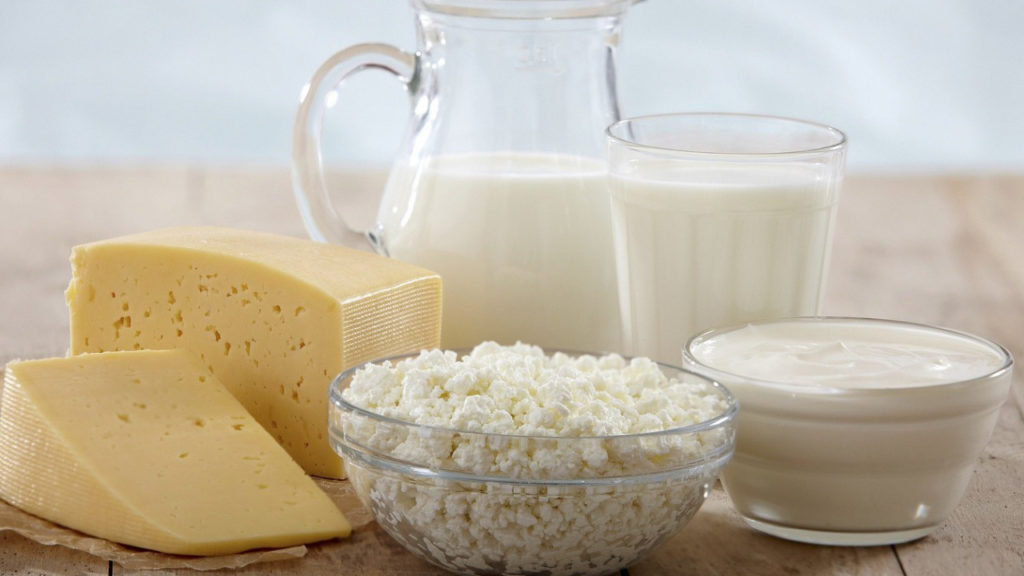NUR-SULTAN – The Kazakh government will tighten controls over dairy production starting Jan. 1 as part of the new Eurasian Economic Union Technical Regulation on the safety of milk and dairy products.
The requirements introduce new maximum quantitative indicators of mesophilic aerobic and facultative anaerobic microorganisms and somatic cells for raw milk, skimmed milk and cream, and will control their purity, acidity, density, bacterial contamination and fat rates.
The Eurasian Economic Commission Council adopted the technical regulation in 2013 to improve the safety and quality of milk and dairy products produced for food purposes in the EAEU.
To adapt to the upgraded conditions, Kazakh authorities arranged and gradually implemented measures to modernise and reform the local dairy industry. However, Kazakhstan postponed the introduction of new requirements twice.
“The delay was caused by objective factors. First is the underdevelopment of the raw material base – more than 70 percent of milk going to processing is produced at private farms. This milk is often of low quality due to negligence regarding sanitary and veterinary norms such as vaccination, proper balanced feeding, improvement of genetic potential,” the Kazakh Ministry of Agriculture press service said.
It was previously reported that approximately 90 percent of raw milk coming to Kazakh milk plants from farmers did not meet the EAEU technical regulation standards.
To address this issue and raise the quality of the industry’s raw materials, Kazakhstan’s Ministry of Agriculture is focusing on increasing the number of organised dairy farms through its farming development programme. To provide the farms with succulent feed, the authorities propose to irrigate 120,000 hectares.
In addition, Kazakhstan plans to build 244 family farms and 95 industrial dairy farms within five years.
To date, 10 family farms with a total capacity of 989 head of cattle are already in operation in the Akmola, Aktobe, Almaty, Zhambyl, North Kazakhstan and Turkestan regions. Two more industrial farms operate in the Pavlodar and North Kazakhstan regions. Twelve additional milk reception points were created with state support this year.
To help farmers adapt, officials are also offering to develop anchor cooperation in the dairy industry sphere and expand state support for the technical equipment and re-equipment of the dairy farms, as well as to create training farms to increase knowledge in the field of dairy goods manufacturing.
The country is also continuing with its road map on bringing Kazakhstan’s dairy products into compliance with EAEU safety requirements.
The map was initiated by the Dairy Union of Kazakhstan and supported by the United Nations Food and Agriculture Organisation (FAO) and the Eurasian Development Bank. It provides for the improvement of laboratory facilities and quality control of raw materials and the preparation of suppliers for the implementation of EAEU. That process is underway.
Kazakhstan’s Ministry of Agriculture has announced that Germany’s Federal Food and Agriculture Ministry will sign a joint statement on the milk project and two joint declarations on the German-Kazakh Agrarian and Political Dialogue Project in December.
An important element of this collaboration will be joint work in training staff in dairy cattle breeding.
“The ministers will discuss the extension of the transition period up to five years for Kazakhstan,” the Kazakh Ministry of Agriculture said.


